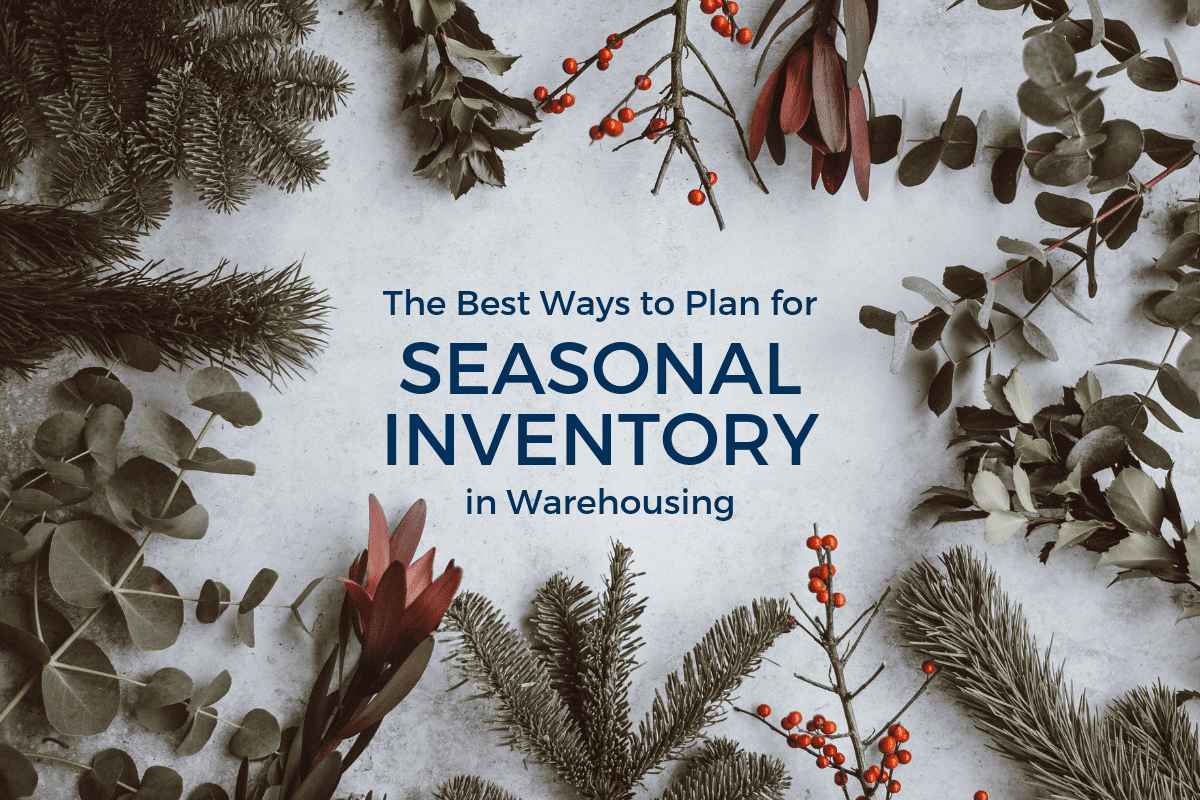- Understanding Why Location is Crucial in Warehouse Rental
- Factors to Consider When Choosing Warehouse Rental Location
- Evaluating Warehouse Features and Amenities
- Legally Safeguarding Your Warehouse Rental Decision
- RISE Commercial District: The Affordable and Reliable Choice
Finding the optimal warehouse space to rent is a critical decision for any growing business. Your facility serves as the crucial backbone supporting efficient inventory management, shipping logistics, and order fulfillment. One of the biggest factors influencing everyday operations is location. Strategically choosing an accessible, well-connected warehouse rental can significantly impact delivery times, operational productivity, and your bottom line.
Understanding location priorities specific to your business and evaluating options thoroughly is vital. Read on to explore why the geographic placement of a warehouse rental demands careful evaluation and how to safeguard your interests when signing a lease.
Read our guide on warehouse rentals.
Understanding Why Location is Crucial in Warehouse Rental
As a growing small business, finding the right warehouse storage space to manage your inventory is crucial. The location of your warehouse rental can have a major influence on your supply chain efficiency, delivery times, profitability, and even customer satisfaction. While square footage and amenities matter, location is an essential aspect to consider.
Selecting a well-positioned, easily accessible warehouse space allows seamless inventory management and shipping logistics. It also helps you provide quick order fulfillment and responsive customer service. When assessing your warehouse rental options, location should be one of the foremost considerations.
Importance of Location in Supply Chain Management
Your warehouse rental location has a direct bearing on the reliability and responsiveness of your supply chain. A space near key transportation infrastructure like highways and railway lines means easier and faster inbound and outbound shipments. Suppliers can swiftly deliver raw materials and inventory to your facility. Once goods are processed, stored, and ready to ship, your location allows prompt delivery to customers.
Minimizing transportation time and cost is vital for smooth supply chain functioning. The right location also ensures your warehouse connects directly to your production facilities, retail outlets, or distribution centers. This proximity enables a tight, efficient supply chain that responds rapidly to customer orders and market demands.
The Influence of Location on Cost and Efficiency
Operating from a warehouse space in an easily accessible area close to main transportation networks helps significantly lower costs. Your shipments, both incoming inventory and outgoing orders, involve less mileage and time on the road. Shorter shipping distances mean spending less on fuel, labor, and vehicle wear and tear.
Decreased transportation expenses allow you to offer more competitive pricing that captures market share. Limited shipment times also translate to inventory spending less time in transit. Goods reach your warehouse promptly for processing and storage, ready to be dispatched to customers as orders come in. The warehouse location you choose greatly impacts operational efficiency.
Location’s Impact on Customer Satisfaction and Speed of Delivery
Order fulfillment speed is a key component of customer satisfaction today. Consumers expect fast, reliable deliveries with real-time tracking updates. Your warehouse location enables you to meet, or even exceed customer expectations and service level agreements through quick dispatch and reduced transit time.
Strategically placed warehouses near metropolitan areas and regions your brand serves also allow one-day or next-day deliveries — a huge advantage in retaining and growing your customer base. Besides speed, customers also want transparency. An optimized location gives your warehouse inventory team better shipment visibility to proactively communicate updates.
Factors to Consider When Choosing Warehouse Rental Location
When evaluating warehouse space for rent, analyzing the location is step one. Your search process should assess the following key factors:
Accessibility and Proximity to Major Highways and Ports
Look for a warehouse rental near main highways and critical overland trade routes, plus air/sea ports (if applicable) to tap into transportation infrastructure. Easy access to roads and freight networks reduces ground shipping times and associated operational costs. It also expands the geography you can efficiently serve.
Linked to Market and Key Business Centers
If your business has a physical retail presence, consider a warehouse linked to those outlets. A fulfillment center near malls or stores that stocks your inventory enables quicker replenishments and flexibility in fulfilling online orders. For e-commerce players, a location tied to the metro regions and ZIP codes you serve allows speedy last-mile delivery. Linking your rental to key business districts and commercial centers is ideal.
Safety and Security of the Location
Protecting your precious inventory is non-negotiable. Engage in due diligence to ensure the warehouse location you choose meets safety standards and offers adequate security provisions. Fully gated premises, 24/7 video surveillance, and access control are must-haves.
Climate control is also a must for the safety and quality of your inventory. Controlling the temperature and humidity of a warehouse space prevents sensitive products like food, pharmaceuticals, and electronics from deterioration or contamination.
Learn more about the benefits of climate-controlled warehouse rentals.
Evaluating Warehouse Features and Amenities
Along with location, analyzing the actual warehouse property is the next critical step:
Understanding Warehouse Layout and Space Needs
Carefully assess if the building layout — including the storage area, inventory zones, picking area, loading docks, etc. — meets your business requirements. Ensure there is scope to scale in the future as operations expand. Discuss any customization options and flexibility in storage methods and solutions with the warehouse rental company.
Along with traditional warehousing needs, be sure to evaluate if the rental space also supports office requirements, such as meeting rooms for a coworking space. A flexible warehouse layout allows adapting designated areas for inventory and business operations if required.
Read our warehouse rental vs. co-working comparison article.
Easy Access for Freight and Delivery Trucks
Evaluate vehicle access points at the facility as per loading dock requirements. Check for potential bottlenecks that restrict timely inbound and outbound transfers. Give preference to warehouse rentals with drive-up access for box trucks and high dock doors for full-size trailers. Other options that improve accessibility include remote-controlled electric overhead doors for easy entry.
Assessing Warehouse Management and Maintenance Support
Warehouse productivity depends greatly on property management services to handle daily cleaning, maintenance, and prompt issue resolution. Professional maintenance of aspects like lighting, cleanliness, and security can improve warehouse working conditions and inventory safety. Discuss their offerings and support. Importantly, ensure that property management completely handles all facilities supervision so your team can focus solely on core business operations.
Legally Safeguarding Your Warehouse Rental Decision
Securing inventory assets and business interests when renting third-party warehouse space has legal implications too. Be diligent with the following:
Understand the Lease Agreement Thoroughly
Carefully examine proposed contract terms for usage restrictions. Are the safety standards adequate? Does the agreement provide the right to renew the rental term easily? Get complete clarity from the leasing company before signing off.
Evaluating Legal Restrictions and Zoning Requirements
Check federal, state, and municipal laws governing business activities permitted from rented warehouse premises in your chosen location. Assess if any zoning regulations prohibit the intended inventory usage or product types. Be sure to verify with the property manager that your specific business operations are sanctioned activities according to local ordinances. Additionally, discuss any implications for products requiring special handling like food items, chemicals, or restricted merchandise.
Importance of Insurance and Liability Coverage in Warehouse Rental
Discuss insurance liabilities for inventory damage, losses, and theft clearly with the leasing firm. Inadequate coverage could mean heavy risks even from events beyond anyone’s control, like flash floods or tornadoes. Verify all concerns are addressed before leasing the space.
RISE Commercial District: The Affordable and Reliable Choice
Finding the perfect warehouse rental for growing businesses does not have to be complex, especially when you choose RISE Commercial District. We take the worry out of rapid business growth by providing professionally managed, fully equipped small warehouse spaces across strategic locations.
As fellow small business owners ourselves, we understand inventory and storage challenges firsthand. That’s why we offer customizable short-term leases on private, secured warehouse units starting at just 1 month. Enjoy benefits like:
- Month-to-month or longer leases with flexible addition/expansion of rental space
- Affordable all-inclusive pricing – no hidden charges
- Smart warehouse locations close to highway access
- Amenities like free forklift usage, WiFi, and shipping/receiving aid
- Secure facilities with 24/7 video monitoring in a fully fenced premises
By taking care of all property maintenance ourselves, RISE Commercial District gives you the freedom to focus on fueling your company’s growth. Get in touch to find the right warehouse space for your business needs!
FAQs
What should you look for when choosing a warehouse rental?
When selecting a warehouse rental, important factors to evaluate are location, accessibility, proximity to transportation infrastructure and the markets you serve, premises security, lease terms, and facility maintenance. Aligning your rental to business needs is vital.
How do I determine the right size warehouse space I need?
Carefully assess current storage and inventory processing requirements based on sales data. Additionally, project future space needs by factoring in growth trends and expansion plans to right-size your rental. Discuss flexibility to scale up when required with the property manager.
What warehouse amenities should I look for?
Based on business-specific needs, consider amenities like 24/7 access, shipment receiving services, racking systems, loading docks, high-speed internet, ample LED lighting, climate control, and video surveillance. Forklifts, vehicle parking and office space are other useful add



